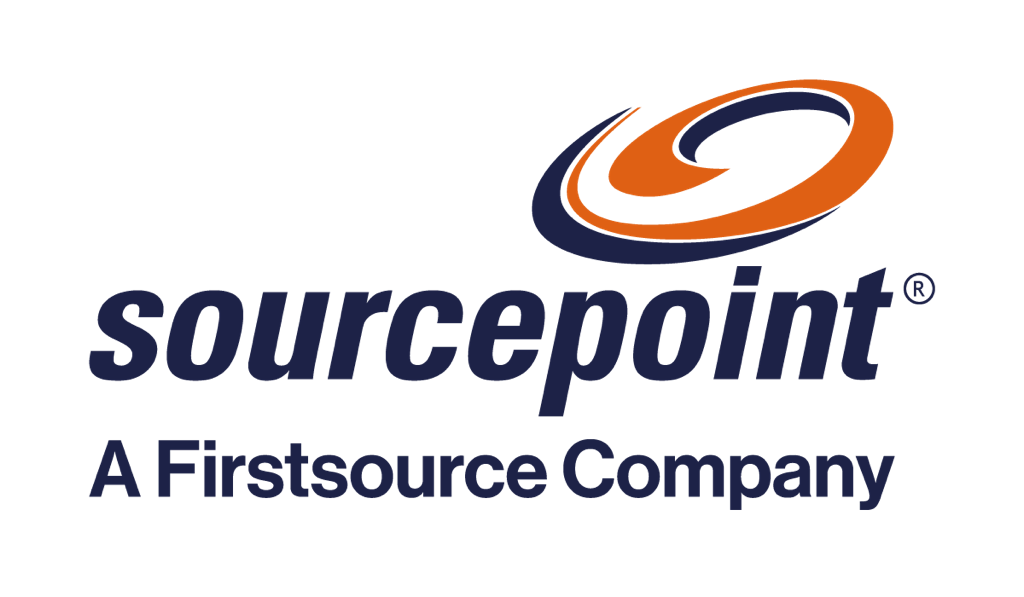Orthopedics is one of the popular medical practices in the United States. Did you know that this industry has been growing in size in the last decade? According to the American Academy of Orthopaedic Surgeons, about 12% of orthopedics have a private practice, while others are either a part of a larger hospital or are consolidated with other practices in different healthcare segments.
If you are a private or a consolidated orthopedic practitioner, then you must have the additional responsibility of handling the backend of your business apart from treating patients. Some practitioners choose to handle billing internally, while others hire external medical billing and coding companies. Whichever mode you go through, it is required to know the nuances of the trade.
Did you know that many claims get rejected or denied by the payer due to errors made by the billing and coding team? Without doing anything extraordinary, you can improve your revenue by just handling these preventable errors.
Our experts at Firstsource have put together four significant challenges faced while billing and coding for orthopedic practices and a brief of how Firstsource handles these.
Getting prior authorizations
An AMA survey states that it takes about 16 hours per week per healthcare provider to get prior authorizations. When it comes to orthopedic practices, this number is estimated to go even up to 30. When the medical billing and coding companies don’t handle prior authorizations well, your patients may have to wait anywhere from one to five days without getting the right treatment.
Many patients give up on practices where they are regularly made to wait long periods of time for prior authorizations. As a healthcare provider, check your prior authorization process and find out how effectively it is handled.
QuintAna by Firstsource’s can handle prior authorizations automatically. QuintAna is series of BOTs that can automate any part of the RCM free from manual intervention. The BOT can be customized and programmed to identify procedures that require prior auth and automatically fetch the auth number from the portal. Our clients have experienced a significant reduction in prior-auth denials with QuintAna.
Coding challenges
Coding challenges exist in all healthcare sectors, and orthopedics is no different. ICD codes keep getting updated regularly, and in the United States, the current version in use is ICD-10. However, did you know that ICD-11, the eleventh version of code updates, has already been released? This version came out in January 2022, and for healthcare practitioners and medical billing and coding companies in the United States, the expected implementation year for the same could be 2025.
This means coders have to be ready to unlearn and relearn yet again. Unless your billing and coding team has already started this process, you will be left behind.
Even with the current ICD-10 list, coders have to be really careful about using the right modifiers and codes so that they don’t overcharge or undercharge the payers. The smallest of errors can lead to claim rejections, which means you won’t get paid as a healthcare provider.
Here are some common coding errors in orthopedic,
- Bundling error – For Example, the EM services are not separately billable when the series injection or planned injection were performed on the same day. If it is not a planned/follow-up for an injection, EM service can be billed with a modifier 25/24/57 with a distinct diagnosis linked to EM unlike injection or any other bundling service.
- NCCI edits – The NCCI modifier is not coded with group 2 code when billed with group 1, but if verified in edits and the edits are in place, we can add modifier 59 to group 2 codes and submit the claim. Some examples are below
- 20610 (General Introduction or Removal Procedures on the Musculoskeletal System) & 64461 Introduction/Injection of Anesthetic Agent (Nerve Block), Diagnostic or Therapeutic Procedures on the Somatic Nerves) 59 modifier cannot be used
- 20610 & 20553 (trigger point injection) 59 modifier can be billed with 20553.
- Medical Necessity – For Example, when we bill for injection of a diagnostic or therapeutic agent into a facet joint at cervical or thoracic level (64492) along with the injection of a diagnostic or therapeutic agent into a facet joint at sacral or lumbar level (64495), it will only be covered upon appeal if sufficient documentation of medical necessity is present.
- Therapy codes – All therapy codes need to be billed with GP or GO modifier (indicating plans of care for physical therapy). The annual therapy cap limit for Medicare is $2150.00. For additional services, we need to add the KX modifier with proof of medical necessity.
- Non-payable codes – There are some codes that are not payable by Medicare or commercial plans, for example, 97010 (application of hot or cold pack to a specific body site to treat an injury or disease), 99080 (Miscellaneous Medicine Services), and 0232T (Under Various Services – Category III Codes).
Firstsource’s Codessence is an ML-based tool that completely revolutionizes coding and can be easily routed to match your existing RCM process. Such errors can be eliminated fully with back-end edits in Codessence that can be built to catch these errors for both auto and manual coding. This tool is the smart work of hundreds of experts and millions of encounters. If your team is still manually handling the coding part, it is time to bring in automation and efficiency.
Using Codessence, our experts have transitioned bills from encounter to claim in less than 24 hours. A medical billing and coding company like Firstsource will instantly transform the coding part of your billing business and ensure you start experiencing lower rejection rates and improved revenues from day one.
Adapting to inefficiencies
Let’s say your current claims denial rate is about 20%. That means one out of every five claims is denied. The biggest problem that private practices like yours could do is accepting these numbers. If you start assuming that the denials rate is going to be about one-fifth of the total claims submitted, you wouldn’t start thinking about ways to improve this.
Did you know that the average claims denial rate across most hospitals in the United States is between 6 and 13%? Compare the figure with yours now.
As a healthcare provider, you must face the constant burnout of long work hours, complexities in treatments, and worrying about the revenues generated. So most doctors stay away from these nuances and accept the current effectiveness rates of their medical billing and coding companies. There are usually no questions asked as long as their teams continue to match past performances.
However, it is important to check industry averages when it comes to the performances of their billing and coding teams. Your practice, built on hard work and passion, needs to optimize revenues and receive the money that it is worth.
When you work with Firstsource, you will find that we constantly challenge ourselves. Unlike medical billing and coding companies that set moderate SLAs and continue to achieve them, we aim bigger. Our services and solutions are focused on future challenges and always set the bar higher. We call ourselves the growth partners of our clients. Our solutions dig deep into your financial, technical, and system processes, and we partake in risks and help you set bigger, more ambitious goals for your practice.
Trying to do everything internally
Now, it is absolutely alright for an orthopedic practice to have an internal medical billing and coding team. This could work great too, given the fact that the team would only focus on this practice and wouldn’t have other clients. However, hiring external medical billing and coding companies could be smarter in the following scenarios.
- You don’t have the right patient volume to keep your internal team engaged all month long.
- You don’t have the time to oversee the internal billing and coding team.
- You are just starting up and hiring expert billers and coders may cause a huge dip in your initial investment cost.
There was a time when outsourcing would have been laughed at. Thanks to communication technology, your medical billing and coding team could be sitting at the other end of the world and still stay connected to you like they are in the next room. So, please do not ignore the prospects of outsourcing billing and coding, as it could be the game changer you have been looking for all along.
Conclusion
As an orthopedic medical practitioner, your hands must already be full. It makes sense to let experts take over tasks that they do the best. Firstsource is one of the most flexible medical billing and coding companies you can partner with. Our genuine interest in what our clients do and the cutting-edge technology that backs our team up will ensure your RCM processes are tweaked, made more efficient, and renders improved profits.










